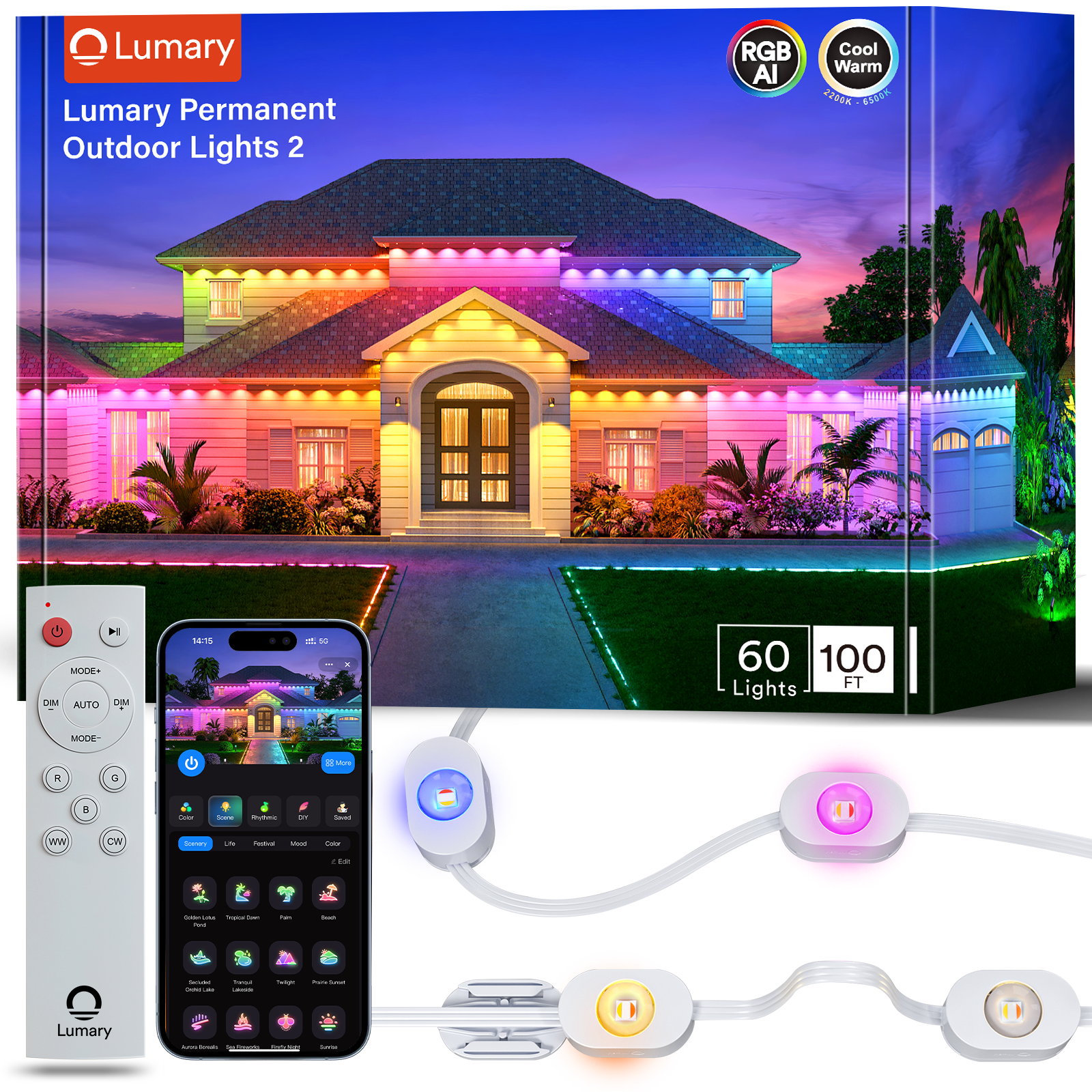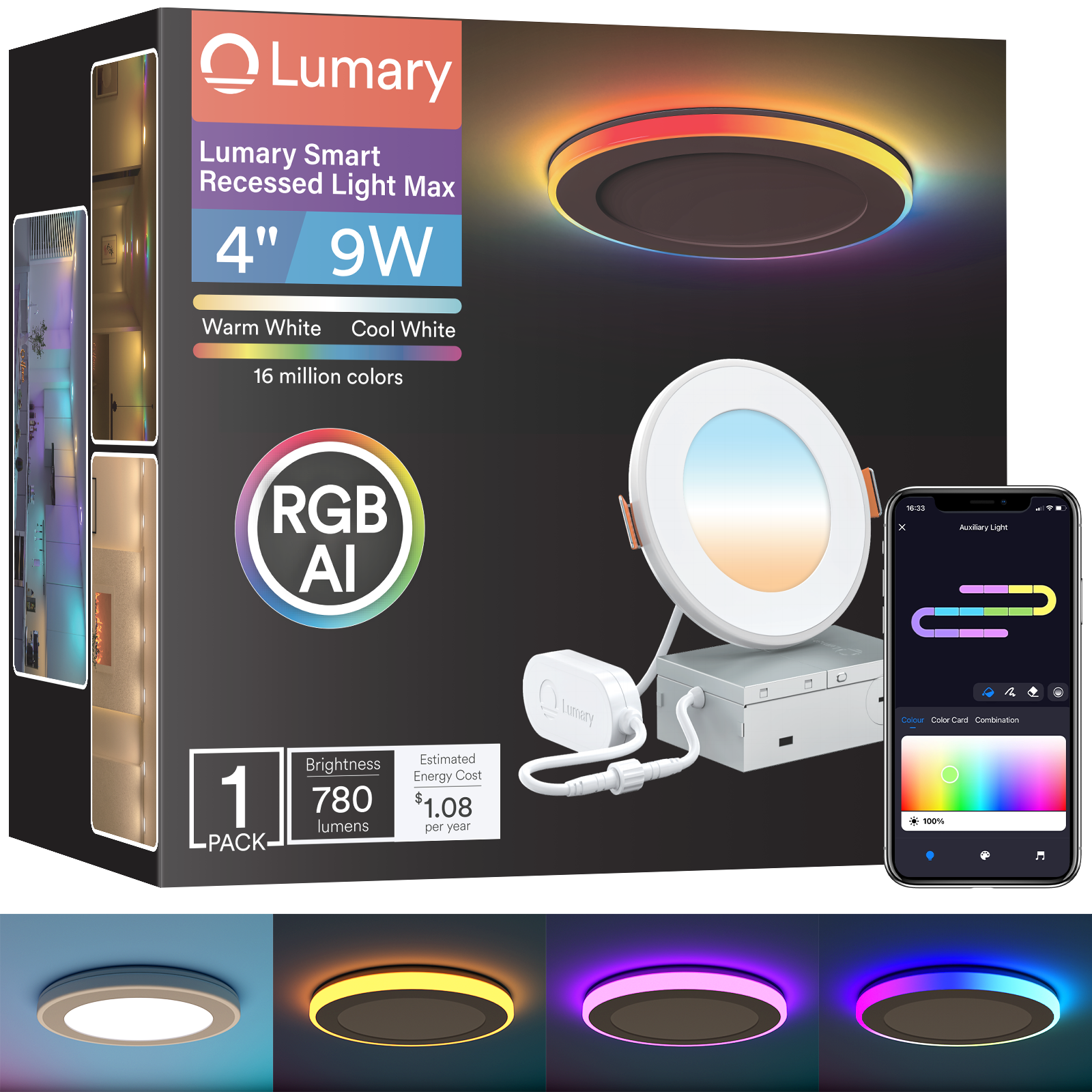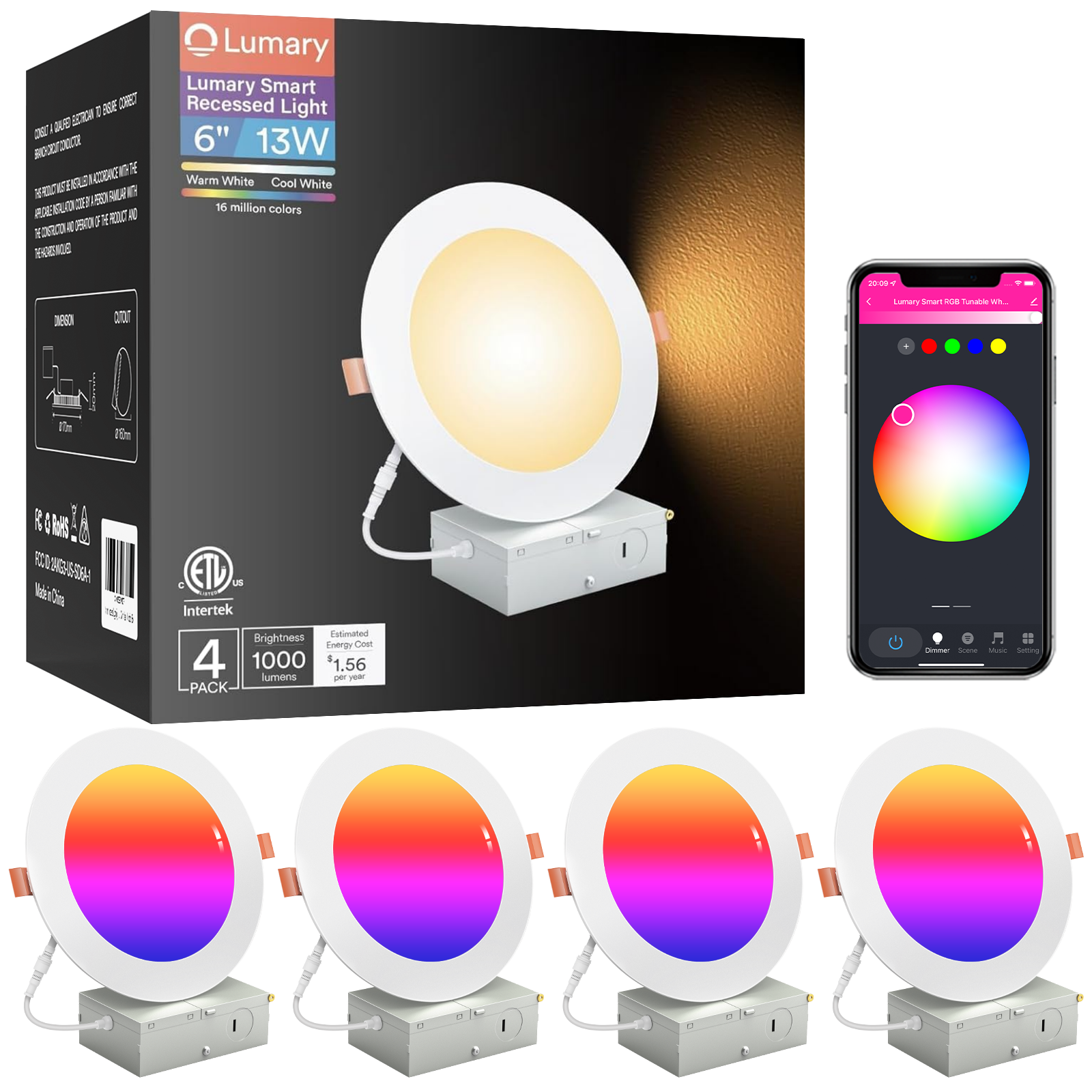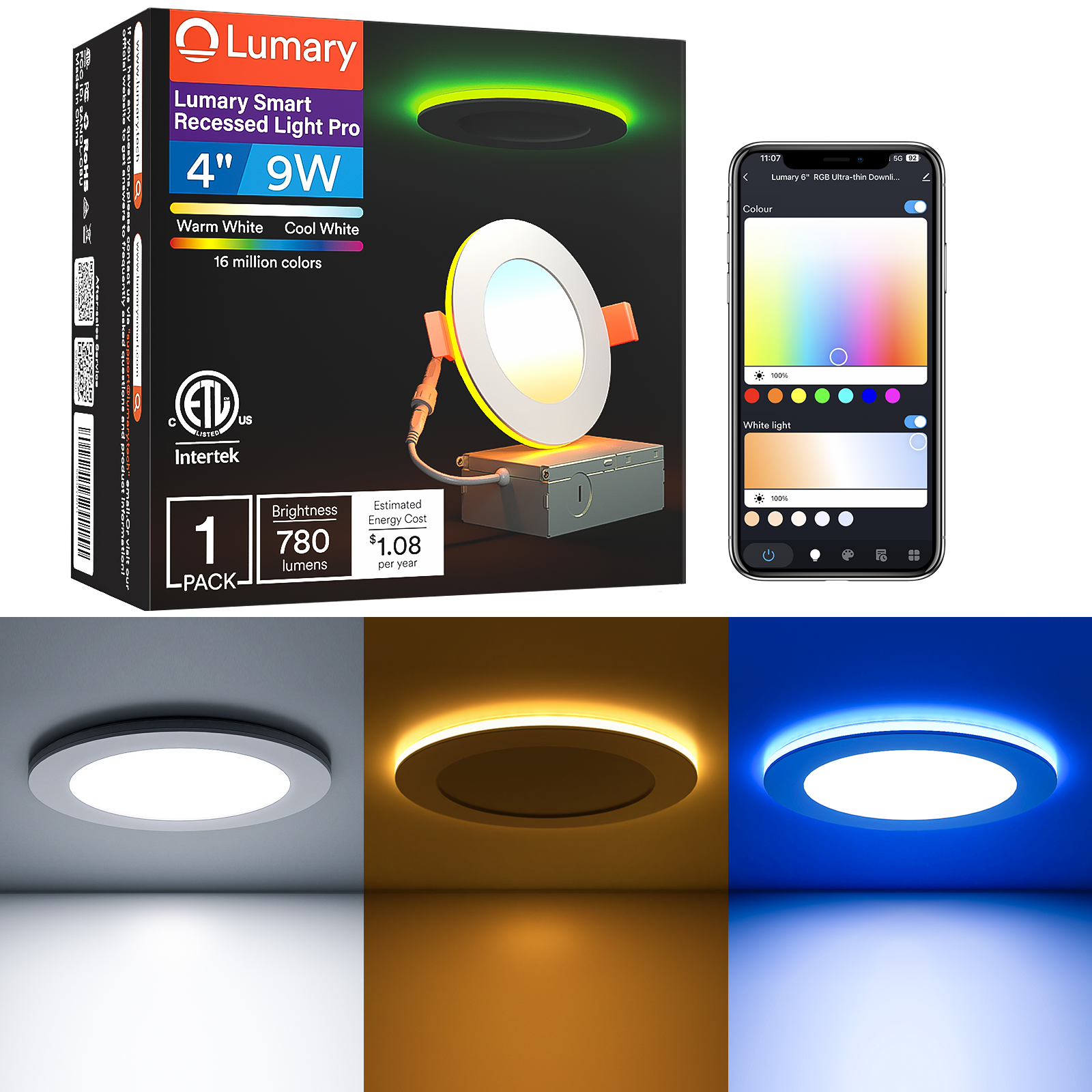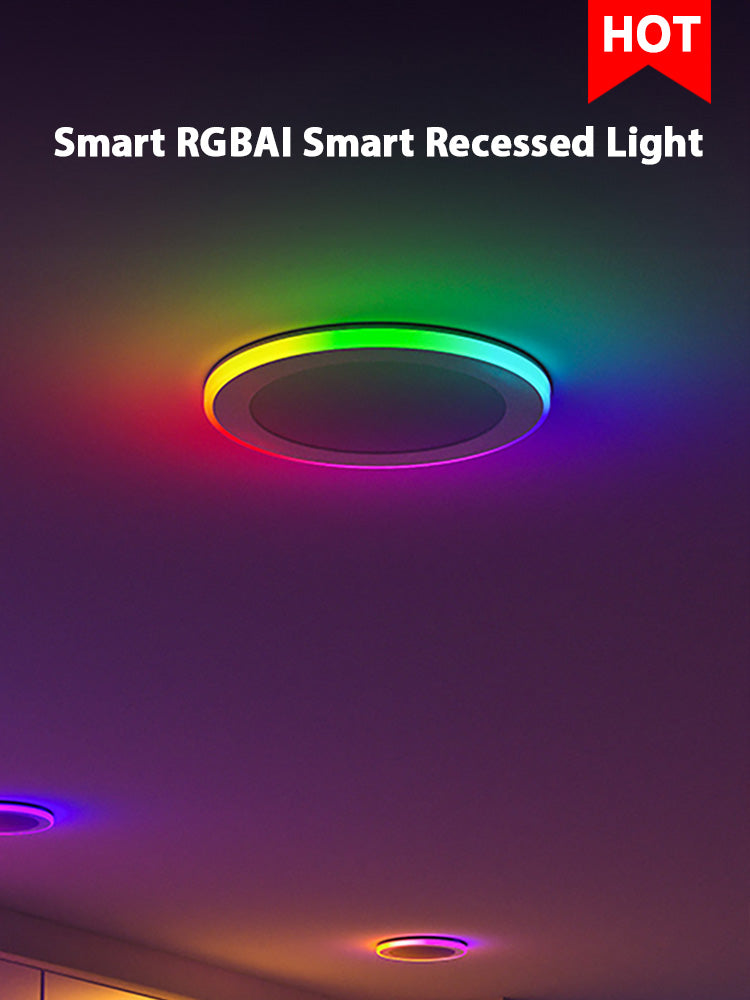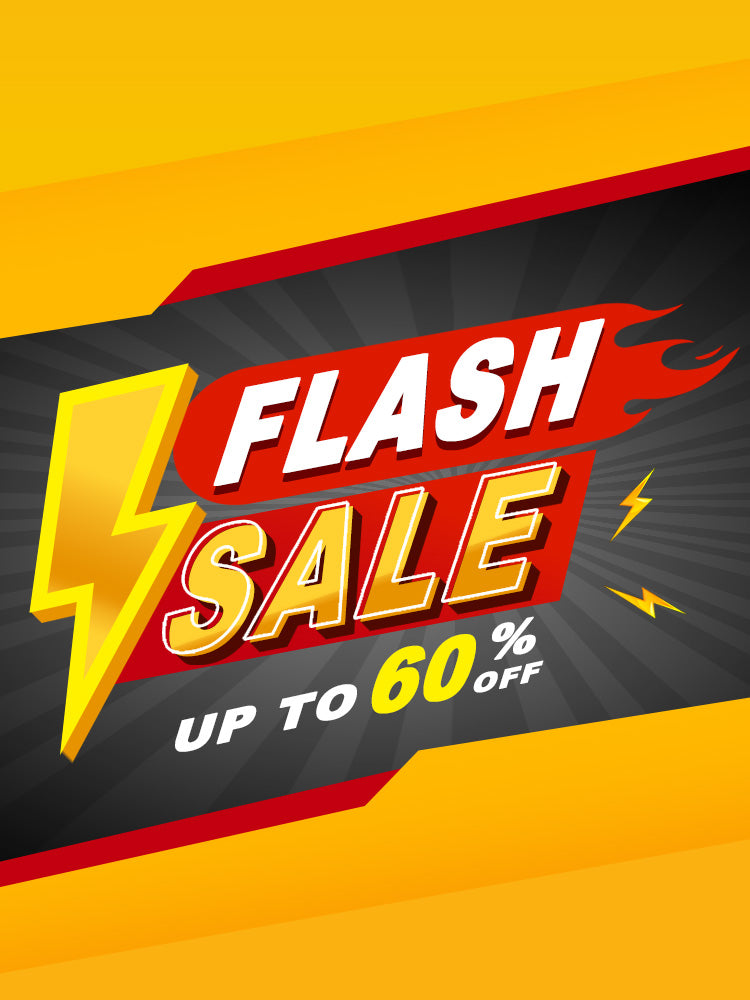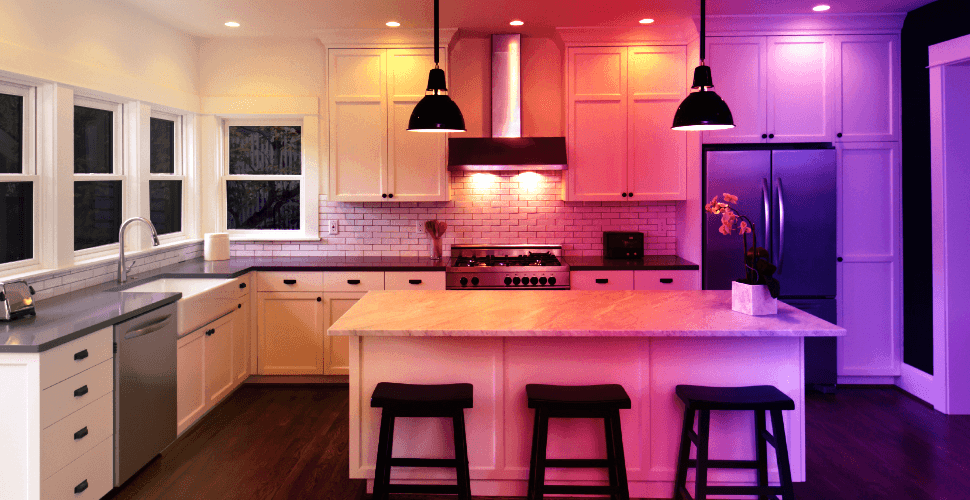Before you decide to add a recessed can light, or decide which recessed can light to install, there are a few things to consider: Where do you want to light? What size fixture do you want? What kind of light bulb do you want to use? How much will a recessed can light costs?
The Parts of a Recessed Can Light
- Housing: Some recessed fixtures are all one piece, but most are made as two pieces. In a two-piece fixture, the housing is the piece that is mounted to the ceiling.
- Trim is inserted into the housing. Depending on the type of housing and trim you choose, you may have to remove the trim to install the light bulb.
- Wattage: Every electric lighting fixture is rated for the maximum wattage of the incandescent light bulb or bulbs that you can safely use in it. Most recessed fixtures are rated for 75 or 100-watt bulbs, but some are rated for bulbs up to 150 watts.
- Frame: Recessed fixtures that are made for installing into open framing have a mounting frame that is attached to the framing members in your ceiling—the joists—to secure them in place.
Where Do You Want to Light?
The recessed can light are very versatile. They can be used to provide general lighting, task lighting or accent lighting.
If you want more light to read by, or on your kitchen counter, you probably want a downlight. The same is true for lighting a hallway or corridor, or for the general lighting in a large room such as your family room. To light up that sculpture on your mantel, you'll probably want an eyeball spot. On the other hand, to highlight a large painting or poster, or to subtly light your stereo components, a wall washer trim may be what you need.
What Size Fixture Do You Want?
The common sizes for residential recessed light fixtures are 4" through 6" in diameter. One way to answer this question is by considering how far the ceiling is from where you want the light, and how big an area you want to light.
In a 4" fixture can work well to provide kitchen countertop lighting. A 6" downlight at that height will illuminate your breakfast table nicely. In a 10' ceiling, you might want 4" fixtures for area lighting, since the light will spread out more.
The most popular size is a 6" fixture. For that reason, there are more different styles of trim available for 6" fixtures than the other sizes, giving you greater flexibility in choosing the trim you want.
What Kind of Light Bulb Do You Want to Use?
A recessed can light fixture with a medium screw base light holder can take an incandescent, fluorescent, halogen, or LED light bulb. There are also fixtures available with special light holders, or sockets, that can only take certain light bulbs, usually fluorescent or halogen.
If you like the savings, long life and temperature coolness of fluorescent lights, but you also like the color warmth of the incandescent light, you can buy fluorescent lights with a low Kelvin value. For high-intensity light, especially in a small area, halogen often works best. For warm, general lighting, most people prefer incandescent lamps. LED light bulbs can combine several of these characteristics.
If you want to be able to dim your recessed can light, or control them with a remote or automated system, choose fixtures you can use incandescent, halogen, or LED light bulbs in. Fluorescent light bulbs are not dimmable unless they have a dimmable ballast.
How Much Will A Recessed Can Light Costs?
Like most light fixtures, recessed can lights have a wide range of costs, depending on the quality and features. At big-box home improvement centers, costs can range from around $15 to around $30 for individual fixtures, but convenient multi-packs are also available, offering four, six, or eight fixtures in a kit. There are both standard incandescent and the recessed can light fixtures are available.
The recessed can light fixtures tend to use smaller cans, making them ideal for sloped ceilings that butt up against roof rafters. The recessed can light fixtures often cost a little more than standard recessed lights, but the energy cost savings makes them a good bargain over the long run.



